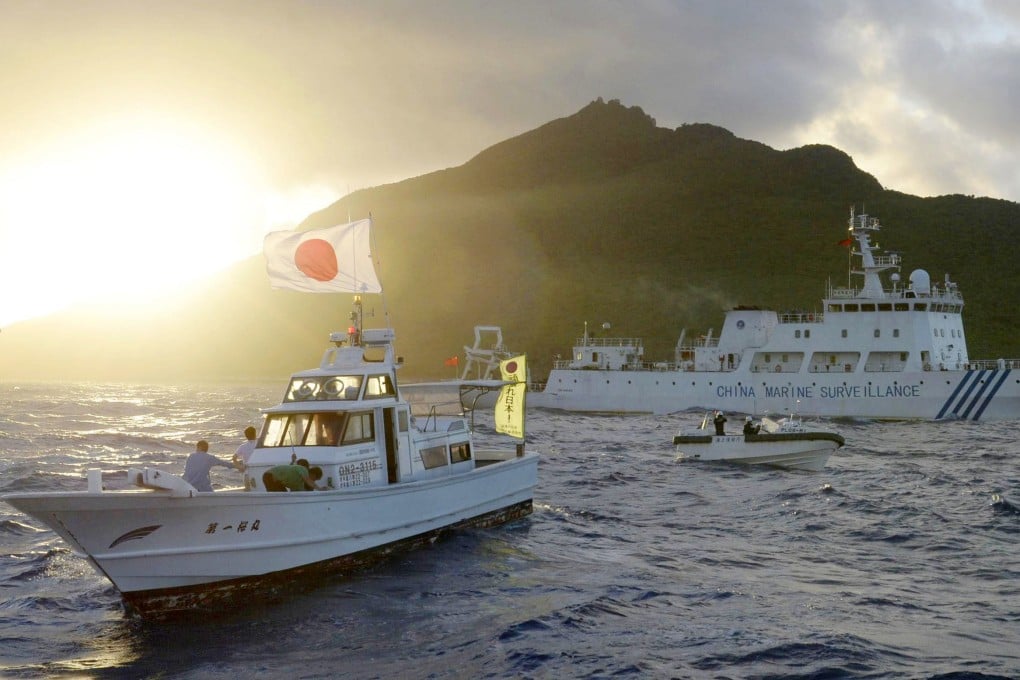China issues strong warning to Japan over ‘negative moves’ in East China Sea dispute
- Sino-Japanese relations have sunk since Beijing introduced a controversial coastguard law and US-Japan defence talks marked a shift in regional geopolitics
- Beijing’s strong commentary on disputed Diaoyu/Senkaku Islands came a day after the defence ministries of both countries held a virtual meeting

China’s defence ministry has urged Japan to stop making provocative moves and refrain from attacking China over disputed uninhabited islands in the East China Sea.
“China’s defence department stressed the fact that the Diaoyu Islands and its affiliated islets are all China’s inherent territory,” defence ministry spokesman Wu Qian said.
“Japan should stop all provocative moves involving the Diaoyu problem … The Chinese side also expressed strong dissatisfaction and serious concern over its recent series of negative moves against China and asked Japan to abide by international relations criteria, stop smearing China and take practical actions to maintain China-Japan relations.”
Wu’s warning on Tuesday night came after the defence ministries of both countries held a virtual meeting on Monday on maritime and air liaison communication, a mechanism created in 2007 to improve trust and cut the chance of military miscalculation between the two countries.
Hong Kong-based military commentator Song Zhongping said Wu’s message was a warning to Tokyo not to intervene in the Taiwan issue. Beijing sees Taiwan as a breakaway province that must be reunified with the mainland, by force if necessary.
